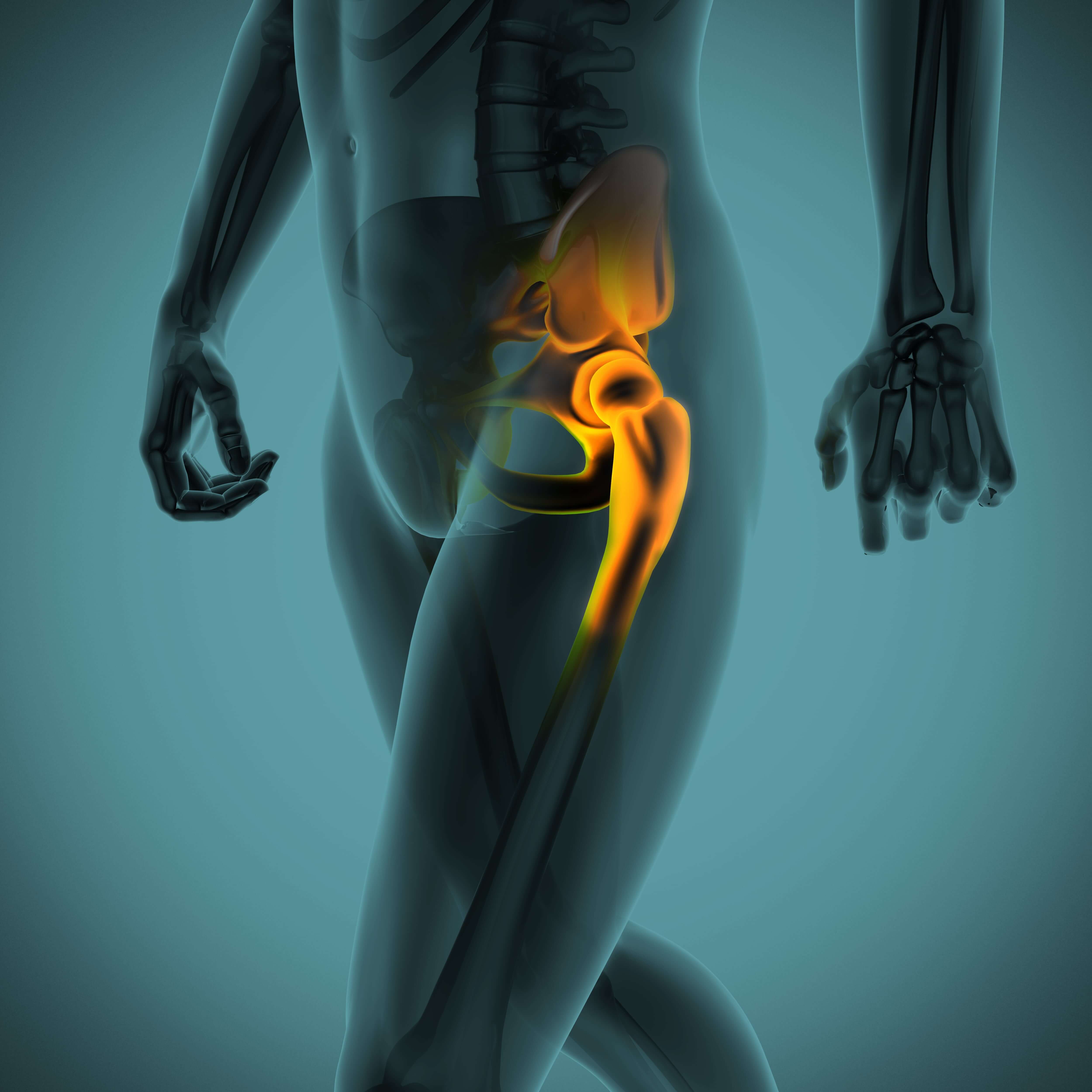Dr Guzman has advanced training in hip replacement surgery, hip replacement revision surgery and hip surgery following orthopaedic trauma.
Hip pain and other symptoms, such as stiffness and reduced hip movement, can be debilitating and negatively impact your quality of life. These symptoms may be the result of conditions such as osteoarthritis and rheumatoid arthritis or may be the result of an injury.
If treatments such as medications and exercise no longer relieve your hip pain, it may be time to consider your surgical options. Hip replacement surgery and replacement revision surgery are common surgical options that can alleviate your pain and give you back your freedom of movement. If you are experiencing pain and are considering surgery, here is what you need to know and how Dr Guzman can help you.
Hip Replacement Surgery

Arthritis and/or injury can result in degeneration in your hip joint which can lead to pain and stiffness causing a limitation in your mobility and lifestyle. Using the latest techniques, Dr Guzman can replace your hip joint with a prosthesis that gives you back your quality of life.
The hip is an extremely important joint enabling you to walk, sit down, stand up and even lay down. As a result, any problem with this joint will severely impact your quality of life. Some of the more common causes of hip pain include osteoarthritis, rheumatoid arthritis and hip fractures.
Generally, damage or disease in the hip joint will result in the following issues:
- Pain or discomfort
- Stiffness in the joint
- Restricted movements
- Limping or trouble walking
- Muscle weakness
Which parts of the hip joint are replaced?
You may have heard of the hip joint being referred to as a "ball and socket joint". The hip joint is made up of two bones: the top of the thigh bone (head of the femur) creating the "ball" and the pelvic bone which forms the "socket". Over time, or as a result of an injury, the cartilage in your hip which lines these two bones can degenerate or be damaged, resulting in symptoms such as pain, stiffness and restricted movement.
During your initial consultation, Dr Guzman will examine you, discuss your symptoms and review your x-rays. He will determine whether you will benefit from hip replacement surgery, to replace these two components of your joint.
Osteoarthritis, which is a form of arthritis that's caused by general wear and tear and causes the loss of joint cartilage in the hip.
Other forms of arthritis such as rheumatoid arthritis that's caused by a previous hip injury.
Hip injuries or fractures.
Birth defects or other developmental disorders.
Bone tumours
Avascular necrosis, which is bone death that occurs because of an interruption in the blood supply to the area.
Hip Replacement Revision Surgery
Hip replacement surgery is very effective in relieving pain and helping with symptoms of degenerative joint disease. However, over time components of the prosthesis may need to be replaced or the hip replacement may need to be completely revised. Signs and symptoms such as pain, deformity and instability can sometimes alert you to this.
Dr Guzman has been trained and has extensive experience revising hip replacements due to pain, loosening or infection and will be able to work through this complex problem with you to get you back on your feet.
- Committing to regular physical therapy or exercise
- Choosing a type of exercise such as swimming which reduces hip strain and load through the joint
- Losing weight
You should seek advice from your General Practitioner regarding the above strategies and any medications and/or injections that may help to reduce your pain.
Non-Surgical Treatments
Dr Guzman encourages you to explore non-operative strategies to manage your hip pain and improve your function, prior to proceeding with an operation. Before you commit to surgery, you may be able to limit the pain you feel in your hip by making some key lifestyle changes. Some of the most helpful changes are:

What To Do Next
If your pain and other symptoms are no longer being adequately addressed through medications, exercise and weight management, you should ask your General Practitioner for a referral to see Dr Guzman. He will discuss the most appropriate course of action to best suit your needs and ensure you receive the best outcome possible.
Dr Maurice Guzman consults from the RPAH Medical Centre and the Chris O’Brien Lifehouse.
For more information, or to book an appointment, contact us here.


